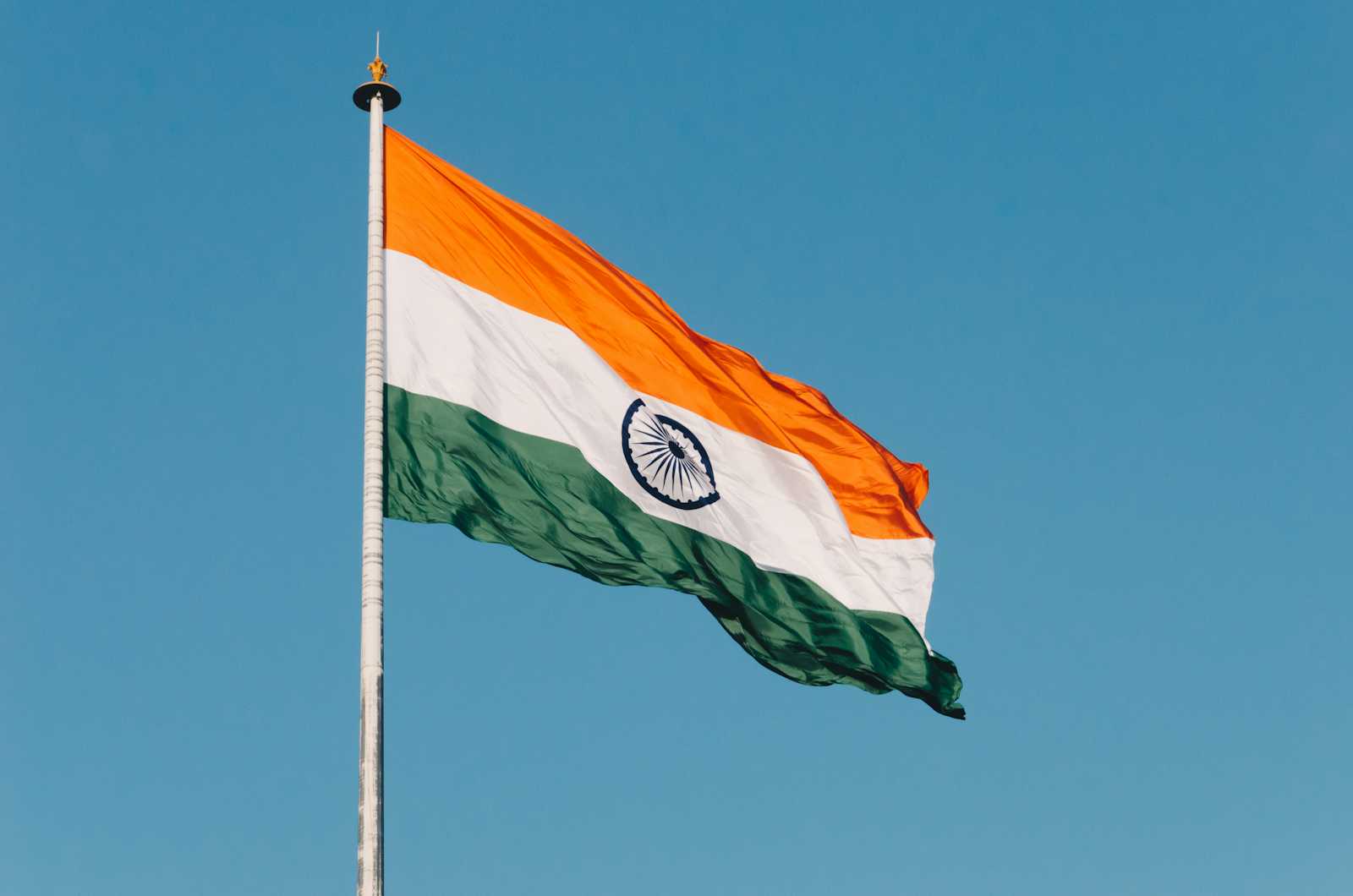Modern History of India : Important Timeline
 Adarsh Mishra
Adarsh MishraTable of contents

Understanding the timeline of modern Indian history is essential for UPSC preparation. Below is a chronological overview of significant events from 1857 to 1947:
1857: The First War of Indian Independence, also known as the Sepoy Mutiny, marks a significant uprising against British rule.
1885: Formation of the Indian National Congress (INC), aiming to obtain a greater share in government for educated Indians.
1905: Partition of Bengal by the British leads to widespread protests and the initiation of the Swadeshi Movement, promoting indigenous industries and goods.
1906: Establishment of the All India Muslim League, which later plays a pivotal role in the creation of Pakistan.
1915: Mahatma Gandhi returns to India from South Africa and becomes a prominent leader in the Indian independence movement.
1919: The Jallianwala Bagh massacre occurs, where British troops kill hundreds of unarmed civilians, intensifying the call for independence.
1920: Launch of the Non-Cooperation Movement led by Gandhi, urging Indians to boycott British goods and institutions.
1930: The Civil Disobedience Movement begins, highlighted by the Dandi Salt March protesting the British salt tax.
1942: The Quit India Movement is initiated by the INC, demanding an end to British rule; it leads to mass protests and arrests.
1947: India achieves independence from British rule on August 15; the country is partitioned into India and Pakistan.
Subscribe to my newsletter
Read articles from Adarsh Mishra directly inside your inbox. Subscribe to the newsletter, and don't miss out.
Written by
